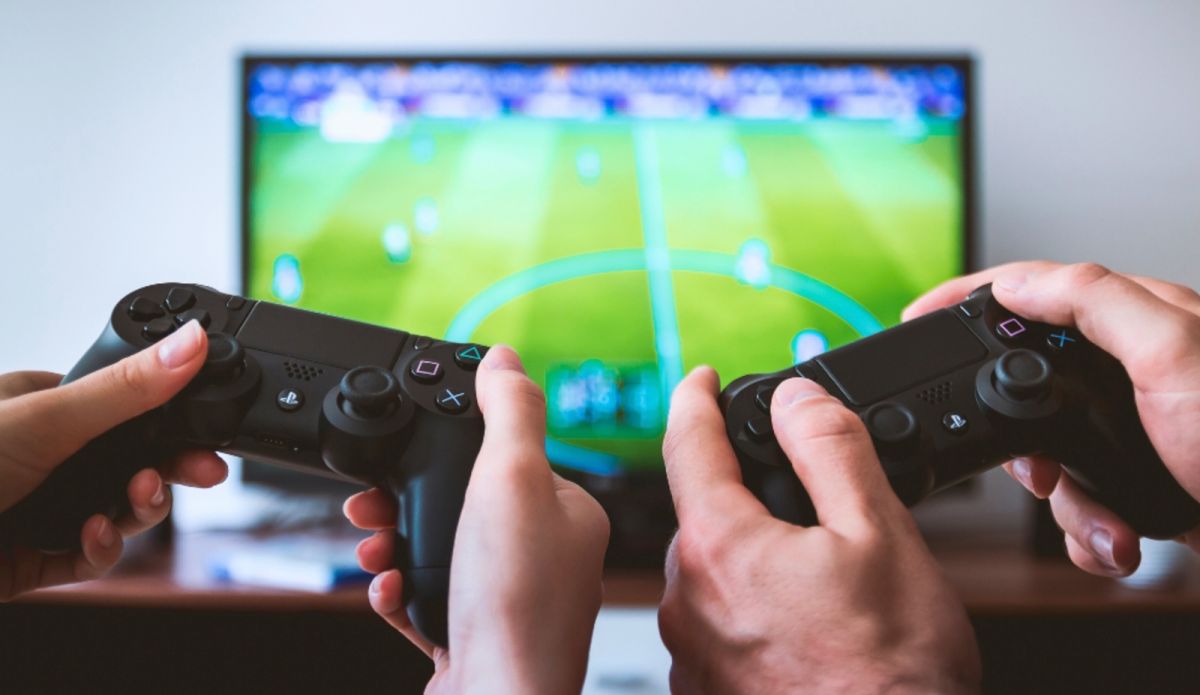The Cognitive Benefits of Playing Video Games

Video games often receive a bad reputation, but research increasingly shows that gaming offers significant cognitive benefits. Beyond entertainment, video games can help develop essential skills that contribute to academic success and personal growth. At ClassTutor, we recognise the importance of a balanced lifestyle that combines education, hobbies, and skill development. Let’s explore how video games can positively impact cognitive abilities and why they might deserve a place in your child’s routine.
Enhanced Problem-Solving Skills
Many video games require players to think critically, solve puzzles, and develop strategies to progress. Games like Minecraft and The Legend of Zelda challenge players to use logic, trial-and-error, and creativity to overcome obstacles. These experiences strengthen decision-making and adaptability—skills that are invaluable in academics and everyday life. For example, a child learning algebra may find that the problem-solving skills gained from gaming help them break down complex equations more effectively.
Improved Spatial Awareness and Visual-Spatial Skills
Navigating 3D environments, tracking objects in motion, and making split-second decisions are all essential aspects of action and simulation games. Studies show that gamers tend to excel in spatial reasoning tasks, such as visualising and rotating objects mentally. These skills are particularly useful in subjects like geometry, physics, architecture, and design, where understanding spatial relationships is key to success.
Increased Focus and Multitasking Abilities
Fast-paced games like Fortnite or Overwatch demand sustained attention while managing multiple objectives simultaneously. Players must keep track of game mechanics, resources, team coordination, and enemy movements – all at once. This level of cognitive engagement trains the brain to stay focused for extended periods and improve multitasking abilities. In academic settings, students who develop this skill through gaming can find it easier to concentrate during long study sessions or handle multiple assignments efficiently.
Boosted Memory and Recall
Many video games require players to remember detailed maps, objectives, and sequences of actions, especially in role-playing games (RPGs) and strategy games. These memory-based tasks help strengthen both short-term and long-term recall, making it easier for students to retain information in school. A gamer who can memorise an intricate virtual world layout may also find it easier to recall historical events, scientific concepts, or mathematical formulas.
Encouragement of Collaboration and Communication
Multiplayer games encourage teamwork by requiring players to communicate effectively, strategise, and work towards shared goals. Games like Among Us and Minecraft (multiplayer mode) foster social interaction and cooperative problem-solving. These experiences build social and collaborative skills, which are crucial in group projects, class discussions, and future workplace settings.
Development of Perseverance and Resilience
Video games often involve trial and error, where players fail multiple times before achieving success. Whether it’s retrying a difficult level or competing in online matches, gaming teaches perseverance and adaptability. This mindset translates into academic success, as students learn to stay motivated even when faced with challenging coursework or difficult exams.
Stimulating Creativity
Open-world and sandbox games like The Sims and Minecraft encourage players to design, build, and experiment, stimulating their imagination and creativity. Engaging in these creative tasks fosters out-of-the-box thinking and innovation, which can be applied to essay writing, art projects, and scientific experiments.
How to Make Video Gaming Work for Your Child
While video games offer numerous cognitive benefits, balance is essential. Here are some ways to integrate gaming into a productive lifestyle:
- Set Time Limits: Ensure gaming doesn’t interfere with schoolwork or other responsibilities by setting reasonable boundaries.
- Choose Educational or Skill-Building Games: Opt for games that encourage strategy, problem-solving, or creativity.
- Encourage Breaks: Use the 20-20-20 rule – every 20 minutes, take a 20-second break to look at something 20 feet away to reduce eye strain.
- Connect Gaming to Learning: Help children recognise how the skills gained through gaming can be applied to schoolwork and real-world challenges.
Video games are more than just entertainment – they are powerful tools for cognitive development. By fostering skills like problem-solving, memory, focus, and resilience, gaming can support a child’s academic and personal growth when used in moderation. At ClassTutor, we encourage a balanced approach to learning and skill-building. If you’re looking for ways to complement gaming with structured education, our tailored tutoring sessions can help your child maximise their potential. Contact us today to learn more!

